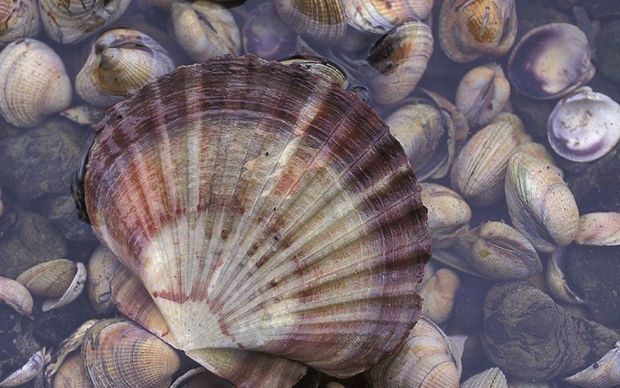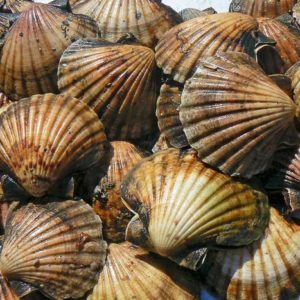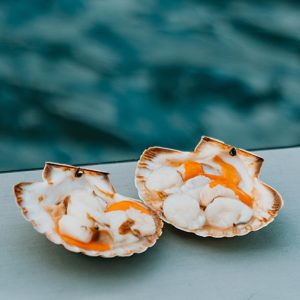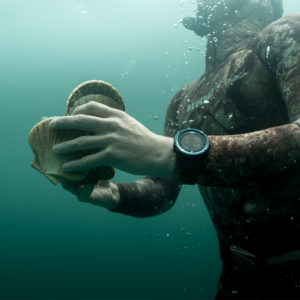Hauraki Gulf communities are abuzz with the news that Ngāti Hei has successfully implemented a rāhui, a 2-year temporary closure to all scallop fishing from within their rohe on the eastern Coromandel coast. This will help protect the seabed and restore depleted scallop stocks.
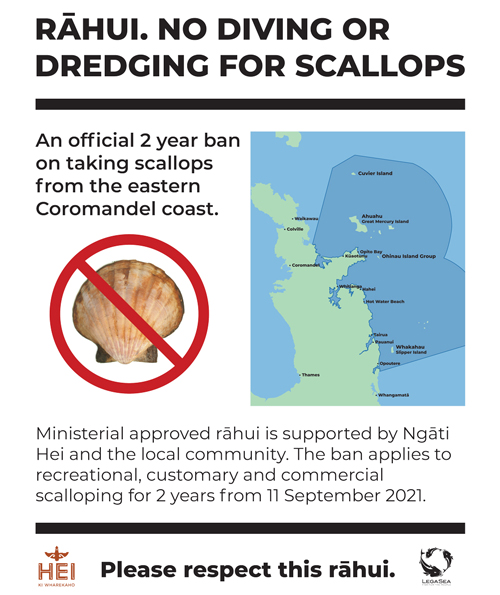
Ministerial approval for this rāhui was announced on 8 September and it applies until 2023. LegaSea is grateful to Hon. David Parker for making his decision in support of Ngāti Hei and the local community who have worked hard to gather widespread support for the initiative.
It’s encouraging to also hear that the Hauraki Gulf Forum at their March meeting confirmed that, “fishing methods which damage the seafloor should be removed from the Marine Park”.
We agree, because if a dredging ban is good enough for the Coromandel then it’s good for the whole Gulf and the country. We cannot simply displace scallop dredging effort into neighbouring waters without considering the consequences of damaging the benthic environment.
Between now and 2023 we have the opportunity to demonstrate how we could collectively change our behaviours to make our marine environment and scallop beds more productive.
Work is now going into developing a pilot study that will support a project to reseed previously productive scallop areas within the rāhui closed area. Comprehensive monitoring will be required to understand how scallops can thrive while dredging is banned.
Given the fast growth rates and high reproductive capacity of scallops we might, over the course of the project, have built up a strong case for permanently removing dredging from scallop beds, while also gathering support for the Minister to approve hand gathering of scallops in selected areas.
If we want a legacy of abundance for all marine life then we need to start at the bottom, where all life begins. Low impact methods to harvest fish is the way ahead for a successful and high value commercial fishing industry.
Having a productive marine environment with more fish and scallops available inshore will also mean people can once again enjoy the thrill of providing for their family’s wellbeing from fishing.
